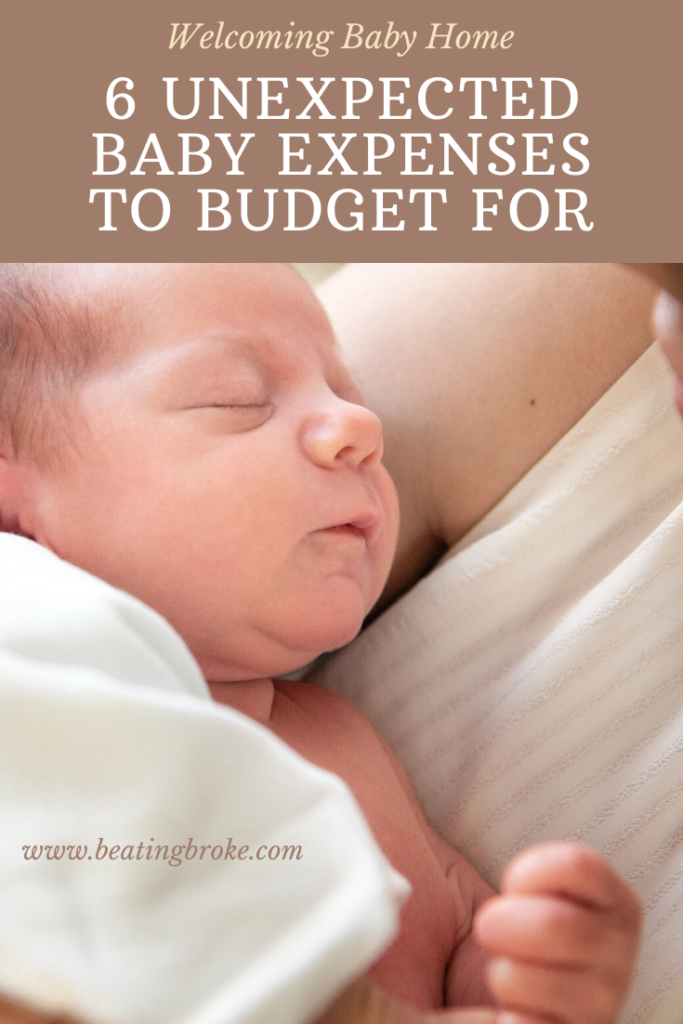Raising children and providing them with basic needs like food, clothes, and shelter can be expensive, especially as they enter the tween and teen years. And then there are other expenses like school, sports, entertainment, gifts, etc. that get more expensive as your child gets older. If you have a child that needs braces, especially if the problem doesn’t seem that bad, you may decide to forego treatment. However, if at all possible, there are several reasons why you should get braces for your child when needed.

Why You Should Get Braces for Your Child When Needed
Although paying thousands of dollars for your child to get braces is a financial hardship, there are several reasons why it’s smart to make the investment.
Waiting May Lead To More Problems Later
I have a small, narrow mouth, and my mom was told I needed a retainer to correct an overbite and a crossbite. Admittedly, on the surface, my teeth don’t look that bad. I don’t think that the crossbite is that noticeable, and I have just a bit of overcrowding. My mom did pay for a retainer, but I wrapped it in a napkin when it was time to eat lunch at school, and inadvertently I threw it in the trash. My mom didn’t have money to buy a new one, so that was the end of my orthodontic treatment.
Fast forward 30 years later, and I’ve had many problems with the side of my mouth that has a crossbite. Because I clench my teeth at night, I wear a mouth guard. However, even with the dental appliance, I damaged the teeth with a crossbite. I had a botched root canal that couldn’t be fixed on that side, had to have the tooth pulled, and now I’m waiting for a dental implant. I also had to have a root canal on another tooth on that side.
The side that doesn’t have the crossbite? I’ve had no problems despite my clenching. Now I’m in Invisalign to correct the crossbite and hopefully mitigate any future damage.
Double the Expenses

If adults need braces, chances are, at least some of their children will also need braces. Then, the adults are not only paying for their children’s braces, but their own. In our home, I’m in braces, my son completed his treatment last year, and my daughter started hers last year. Paying for two kids in braces is expensive enough, but to then pay for my adult braces on top is a financial strain.
Children’s Teeth Are Easier to Move
While a child is still growing, their teeth are easier to move with braces. Yes, adults can also see good results with braces, but treatment will likely be more difficult and take longer.
More Stigma with Adults Wearing Braces
Even though more adults are getting braces, adults still only make up about 20% of the total braces-wearing population. Many adults may be self-conscious to wear braces when they’re working in the business world, and there may be a stigma attached to those who wear them.
Final Thoughts
Many people consider braces optional, especially if the problems aren’t immediately visible. However, not getting braces for your child to correct a crossbite or other issues can lead to expensive dental procedures for your child in adulthood. If at all possible, try to pay for your child’s braces, especially when considering all the reasons why you should get braces for your child when needed.
Did your parents pay for your braces, or did you have to wait until you were an adult? Do you agree that paying for braces should be a priority for parents if they’re necessary?
Melissa is a writer and virtual assistant. She earned her Master’s from Southern Illinois University, and her Bachelor’s in English from the University of Michigan. When she’s not working, you can find her homeschooling her kids, reading a good book, or cooking. She resides in New York, where she loves the natural beauty of the area.






